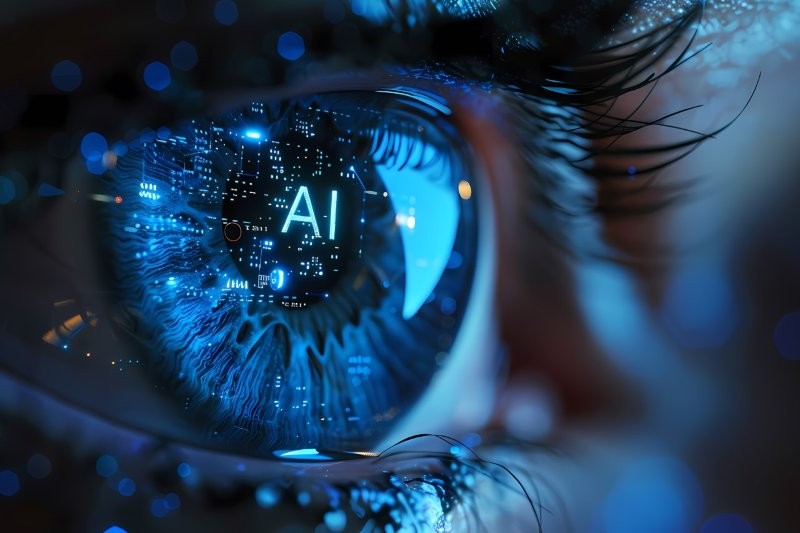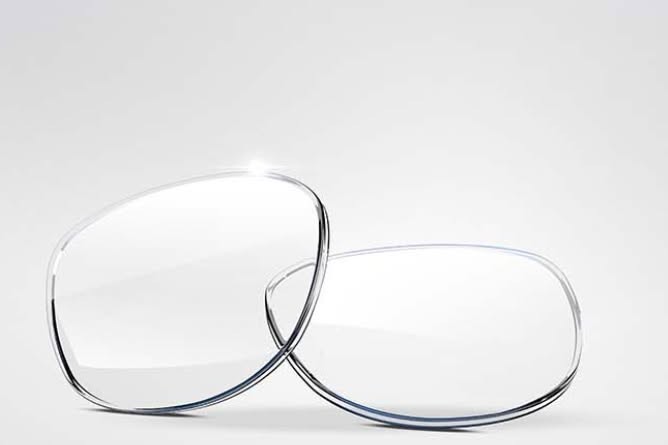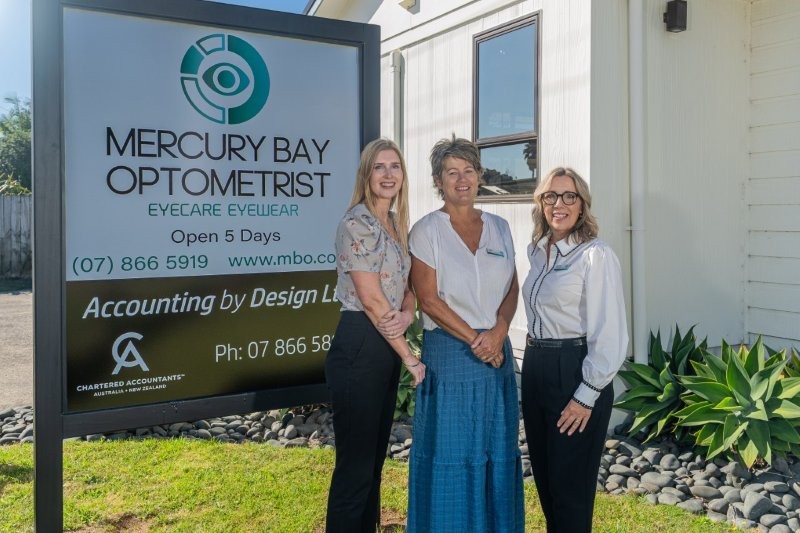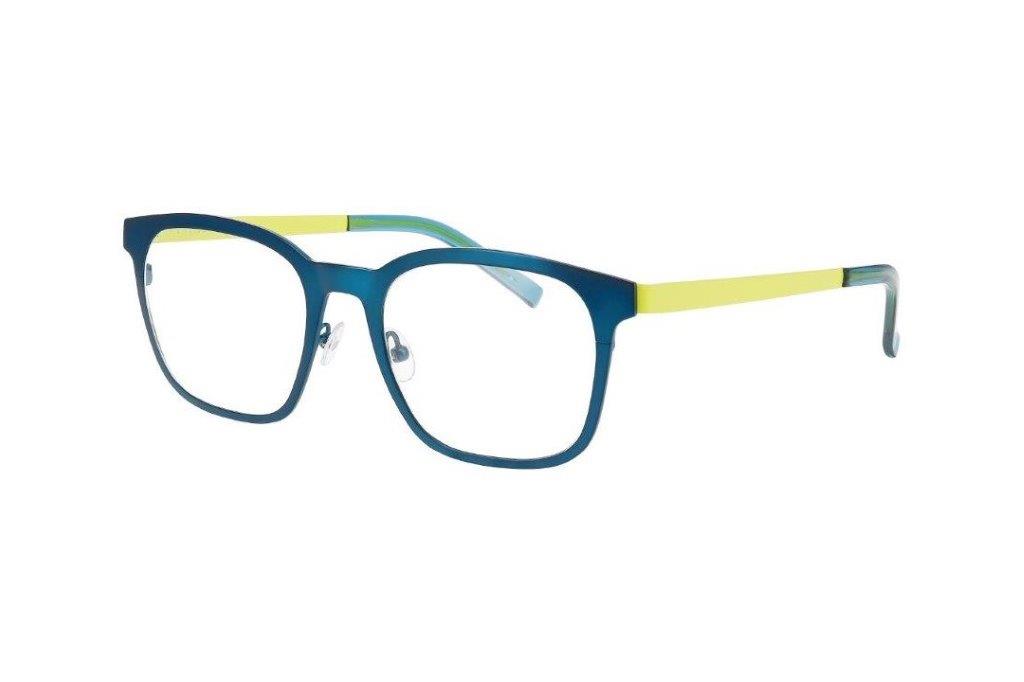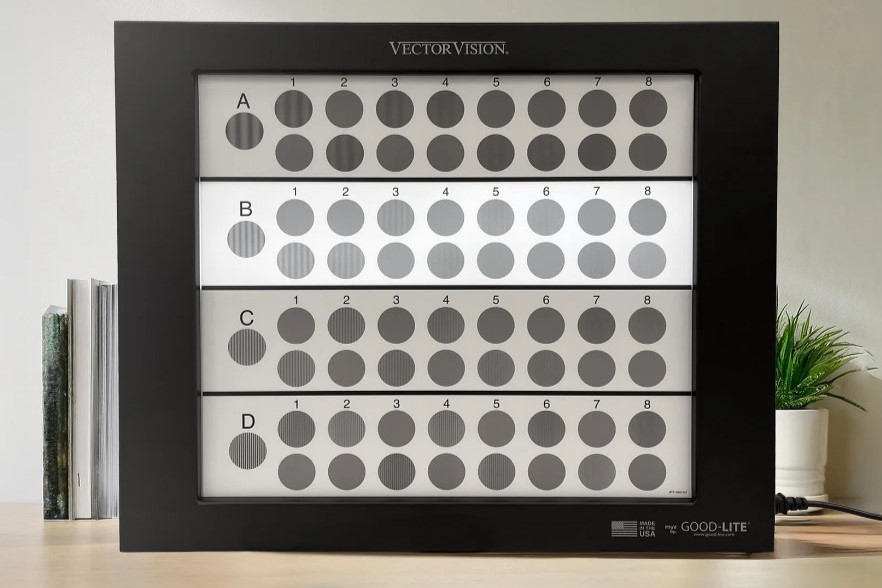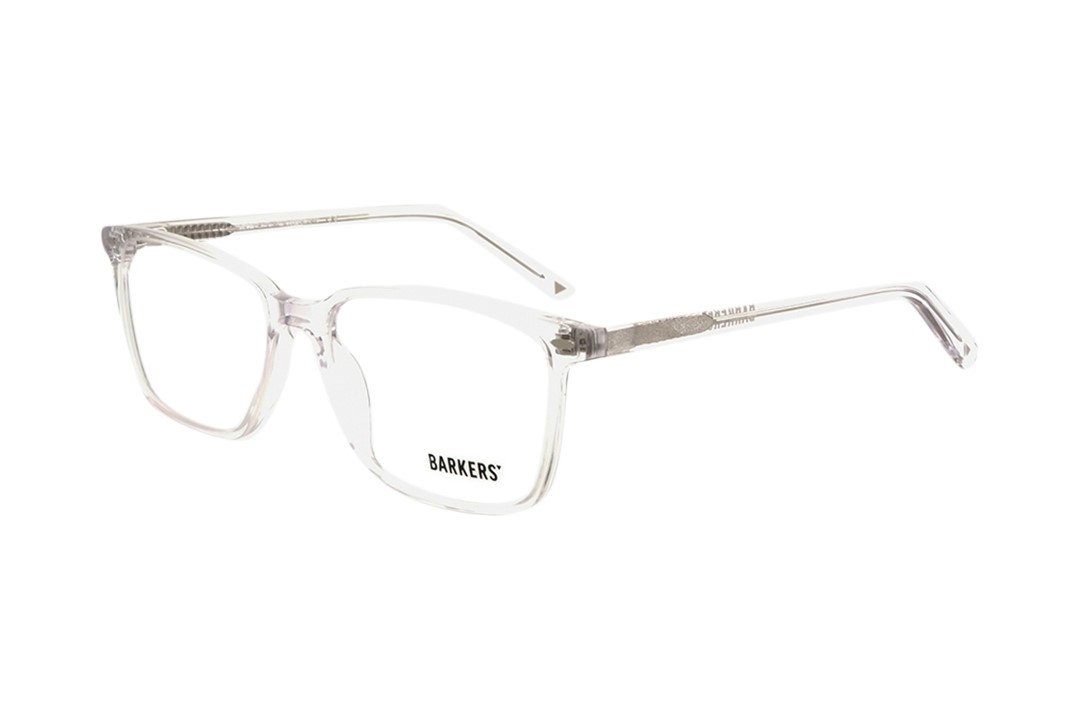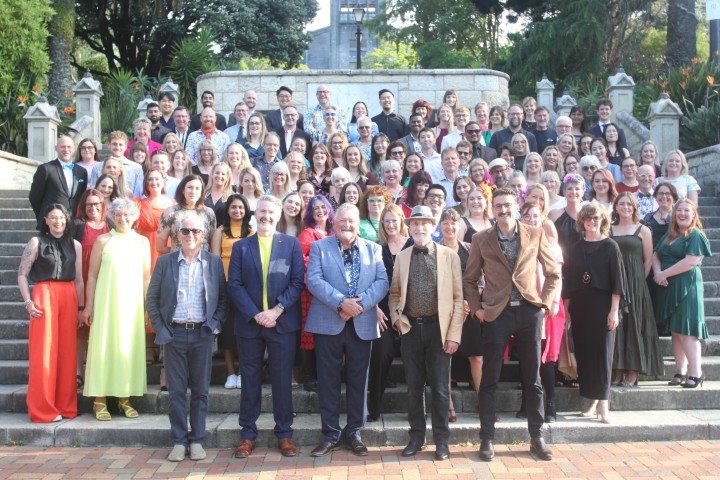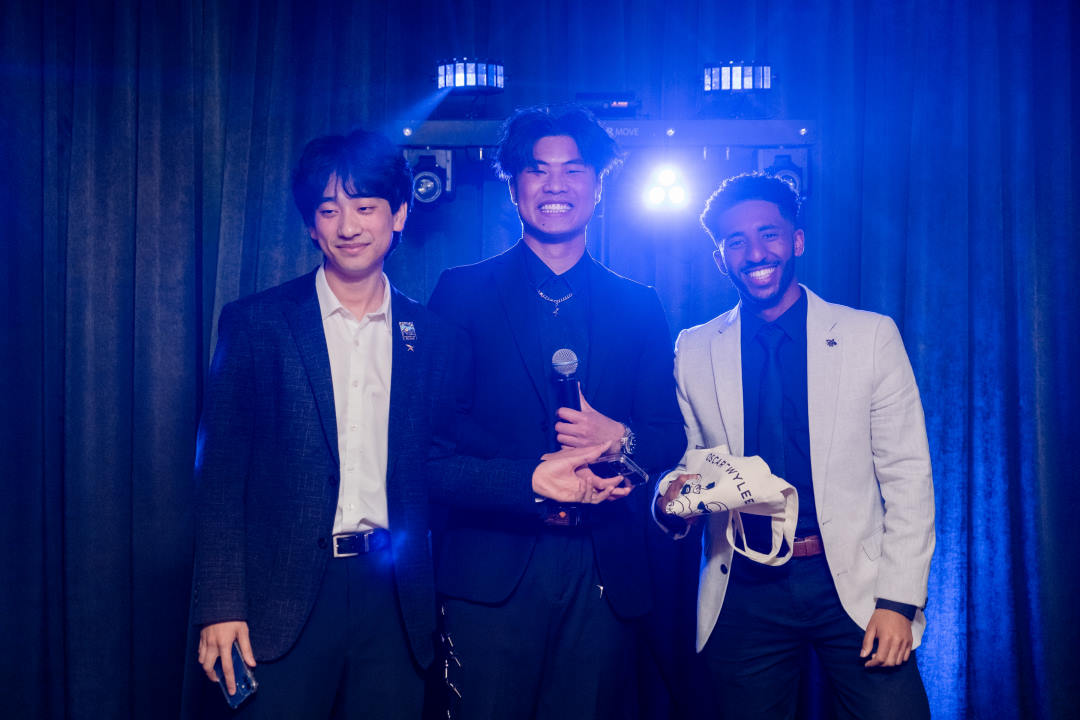AI’s potential to reshape CL practices
Artificial intelligence (AI) is on the verge of reshaping contact lens (CL) practices, being incorporated into tools that enhance fitting accuracy, streamline workflows and personalise treatment, according to the Centre for Ocular Research & Education (CORE).
Its latest issue of Contact Lens Update is dedicated to AI innovations – from smart lenses to data-driven fitting algorithms – that are transforming the management of CLs and ocular surface health. “AI breakthroughs are altering the way clinicians approach fitting and monitoring contact lenses, particularly for patients with complex corneal profiles or coexisting ocular surface conditions,” said CORE clinical scientist Daddi Fadel. “As the technology continues to evolve, it holds significant promise for elevating the standard of care and delivering more efficient, customised and outcome-focused solutions for contact lens wearers.”
The opening editorial, written by Kasandra Swiderska honorary research associate at the University of Manchester, and Professor Philip Morgan director of Eurolens Research at the University of Manchester, provides an overview of how AI is revolutionising CL care and explores AI's current and future role in ocular health, including ortho-k, keratoconus and smart lens technologies. Responsible adoption requires consideration of ethical, technical and clinical aspects, authors noted.
The issue’s feature article focuses on AI use to identify subtle meibomian gland changes in asymptomatic children wearing ortho-k or myopia control soft lenses. The technology detected early morphological alterations that might go unnoticed with traditional assessment methods, underscoring the potential of AI-based meibography for proactive ocular surface monitoring in paediatric CL wearers, according to author Rute Macedo de Araújo, an optometrist and vision scientist at the University of Minho, Portugal.










